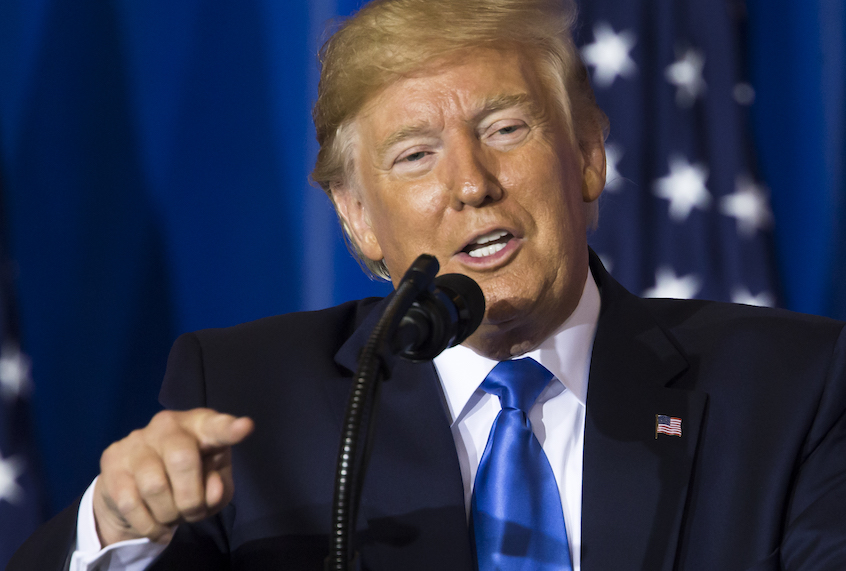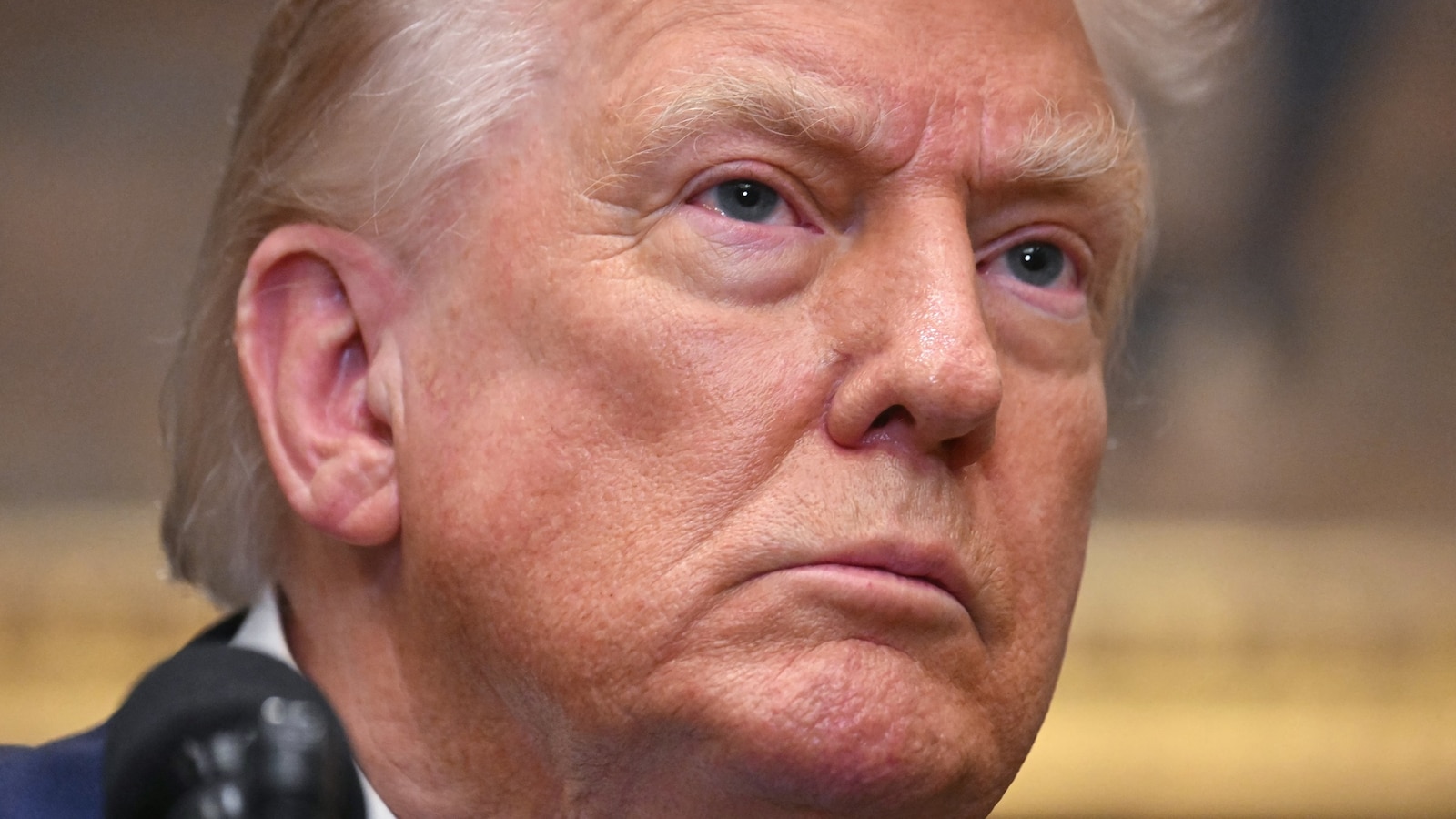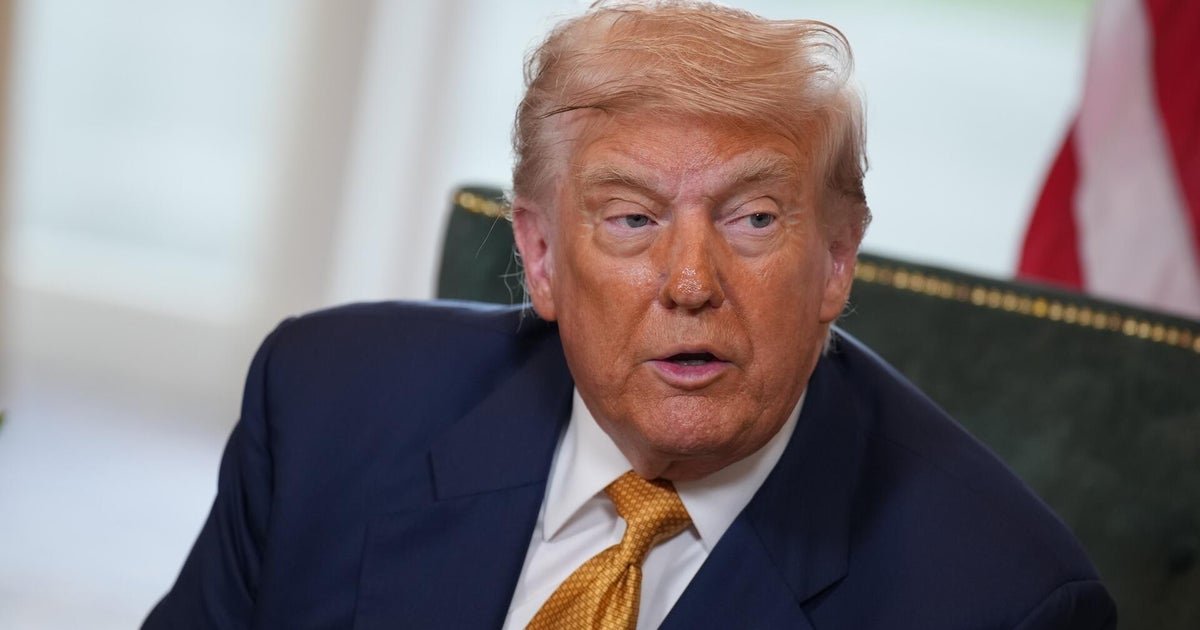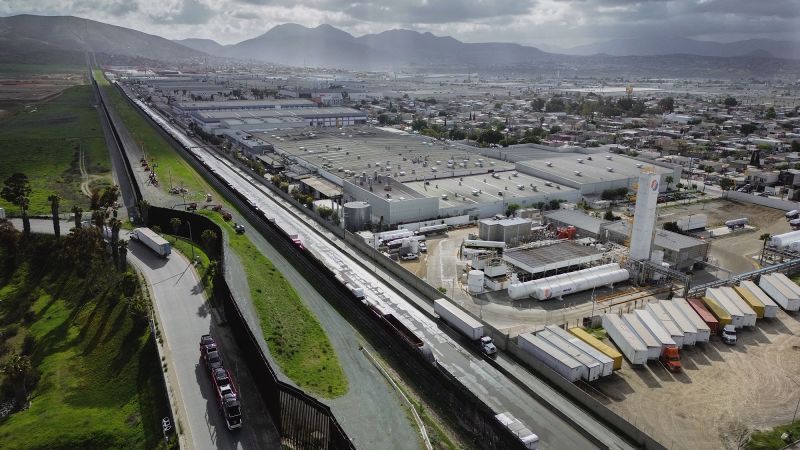President Trump Announces 90-Day Trade Negotiations with Mexico, Tariffs Maintained
President Trump initiated a 90-day trade negotiation period with Mexican leader Claudia Sheinbaum, maintaining existing tariffs to address the $171.5 billion trade imbalance and other complexities, including fentanyl trafficking efforts.
Subscribe to unlock this story
We really don't like cutting you off, but you've reached your monthly limit. At just $5/month, subscriptions are how we keep this project going. Start your free 7-day trial today!
Get StartedHave an account? Sign in
Overview
- President Trump initiated a 90-day trade negotiation period with Mexico after a phone call with Mexican leader Claudia Sheinbaum, aiming for a new trade deal.
- During this 90-day period, existing 25% tariff rates on Mexican imports, including cars, steel, and aluminum, will remain in effect, with potential for extensions.
- Specific tariffs, such as 25% on cars and 50% on steel, are partly linked to efforts against fentanyl trafficking, alongside broader trade objectives.
- A primary goal of the negotiations is to address the substantial $171.5 billion trade imbalance the U.S. experienced with Mexico last year, among other complex trade issues.
- Mexico has committed to eliminating its non-tariff trade barriers as part of these discussions, signaling a move towards more open and streamlined trade practices.
Report issue

Read both sides in 5 minutes each day
Analysis
Center-leaning sources cover the story neutrally by presenting a range of factual updates and diverse perspectives without employing loaded language or selective emphasis. They report directly on statements from various officials and include economic analysis, allowing readers to form their own conclusions. The coverage focuses on conveying information about multiple ongoing events and policy developments.
Articles (18)
Center (6)
FAQ
The existing 25% tariff rates on Mexican imports, including cars, steel, and aluminum, will remain in effect during the 90-day negotiation period, with a potential for extensions.
A primary goal is to address the substantial $171.5 billion trade imbalance the U.S. experienced with Mexico last year, along with resolving other complex trade issues.
Some specific tariffs, such as the 25% on cars and 50% on steel, are partly linked to efforts against fentanyl trafficking, alongside broader trade objectives.
Mexico has committed to eliminating its non-tariff trade barriers as part of these discussions, signaling a move towards more open and streamlined trade practices.
The complexities stem from the problems and assets of the U.S.-Mexico border, which make the trade deal somewhat different than those with other nations.
History
- 3M

 3 articles
3 articles
- 3M

 9 articles
9 articles













